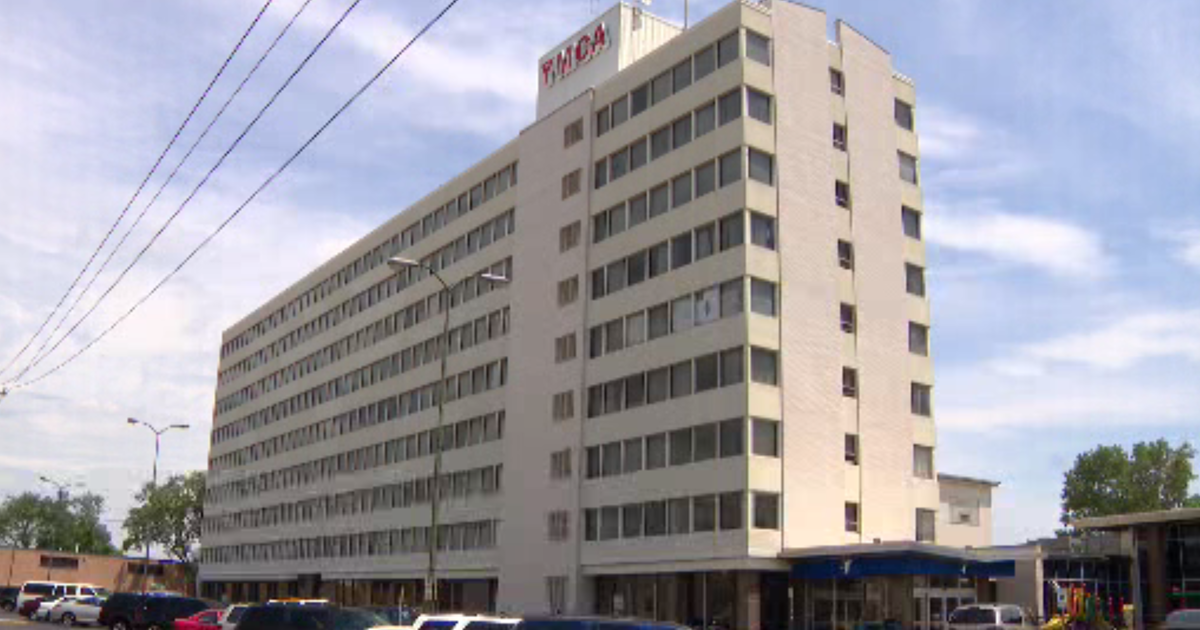Landmark Particle Accelerator Going Offline At Fermilab
BATAVIA, Ill. (CBS) -- The landmark accelerator that led to the discovery of an elementary atomic particle is being turned off for good Friday at Fermilab in the western suburbs.
The Tevatron will be shut down by 2 p.m., after 28 years in operation, the Chicago Tribune reports. It will take about half an hour to power down the accelerator, the newspaper reported.
The accelerator measures four miles around, and uses more than 1,000 superconducting magnets buried underground and cooled to minus 450 degrees, which spin particles toward each other at near-light speed, the Tribune and Chicago Reader explain. Two detectors study the collisions that result.
LISTEN: WBBM Newsradio Political Editor Craig Dellimore reports
Podcast
The purpose of the accelerator is to attempt to recreate conditions that existed just after the Big Bang.
The Tevatron went online in 1983, and was used to discover the top quark 12 years later. Quarks are elementary particles which compose hadrons, such as the protons and neutrons in the nucleus of an atom, and they exhibit electrical charge, color charge, mass and spin.
"All the different regions of the world – Asia, Europe, us – were hunting for the top quark, and it was surprisingly happy, and the Tevatron was finally the place where it was discovered," Fermilab director Pier Oddone said in January.
But today, the Tevatron has been eclipsed among particle accelerators by the Large Hadron Collider, which is buried beneath the border between France and Switzerland. At least 50 Fermilab scientists have switched jobs and gone to the Large Hadron Collider, and nearly 30 of the 80 universities conducting research conducting research at Fermilab and other American laboratories have switched to the Large Hadron, the Tribune reported.
The Tevatron had only been scheduled to run through 2011, but scientists asked for a three-year extension, the Reader reported. But the U.S. Department of Energy earlier this year vetoed spending $100 million for the additional three years, and elected instead to shut it down.
Meanwhile, the CERN laboratory, where the Large Hadron Collider is located, made headlines this week for what may prove to be landmark discovery that challenges the conclusions of Albert Einstein. Physicists working on the collider measured particles traveling faster than the speed of light, which Einstein's theory of special relativity says cannot happen.
The team reached the findings by beaming a neutrino 454 miles underground from Geneva, Switzerland, to Gran Sasso, Italy.
But none of this means the end for Fermilab. In fact, the lab has taken on the mission to re-analyze the results of the CERN laboratory experiment. To do so, Fermilab will send a beam of neutrinos to the Soudan Mine in northern Minnesota, in a replication of a 2007 experiment, according to published reports.



